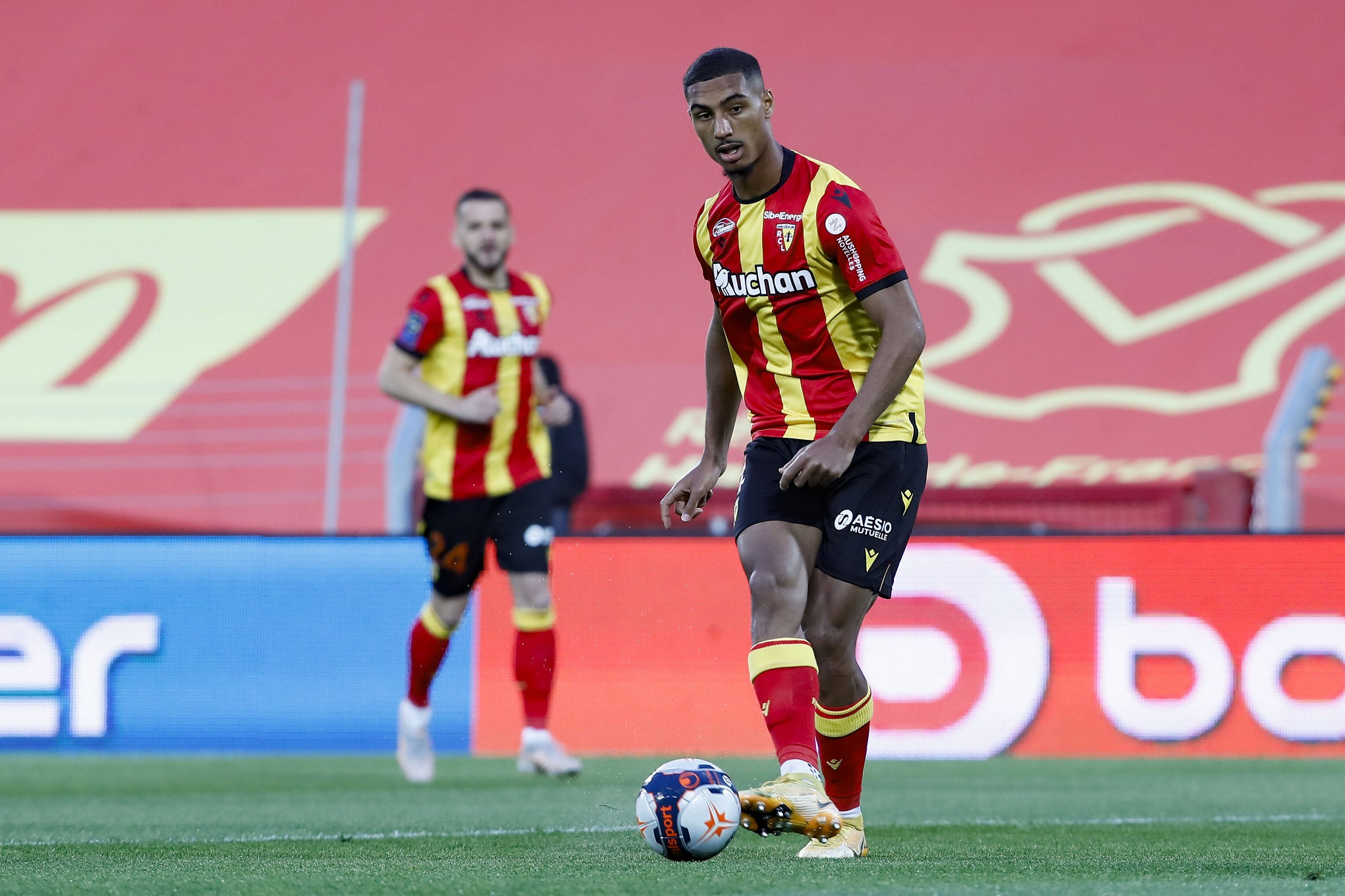When the corona crisis started, the ECB, like other central banks, set up a major stimulus program to keep interest rates as low as possible, so that enough money continued to flow to companies and households. President Christine Lagarde announced that the ECB would buy hundreds of billions of euros in loans.
Now that the economic recovery has started, prices in the eurozone are also rising faster than before. But the ECB does not immediately put the brakes on inflation by, for example, increasing interest rates or buying fewer bonds. Lagarde and other central bankers expect the higher inflation to be temporary.
question marks
Knot, as DNB’s chief executive, also a member of the ECB’s Governing Council, questions this. “We should not overestimate our capacity to determine in advance what is temporary inflation and what is not,” he says. Conversations with former central bankers about the severe inflation in the 1970s reinforce his view. “No one of the current generation has ever experienced true inflation. Inflation in the 1970s was also unexpected at first. If the current generation had been at the helm in 1973, wouldn’t we all have also said: Well, that oil price hike is probably temporary?”
‘Fire brigade back in barracks’
The DNB president also believes that the ECB’s special emergency program against the corona crisis should end early next year. “It is good that we have acted quickly in this crisis. But as soon as the signal ‘fire master’ is given, the fire brigade has to return to the barracks. That should be the case around March 2022.”
–
DFT Daily
Every morning the most important financial news.
:quality(80)/cdn-kiosk-api.telegraaf.nl/50554916-dbe1-11eb-af95-02d2fb1aa1d7.jpg)

